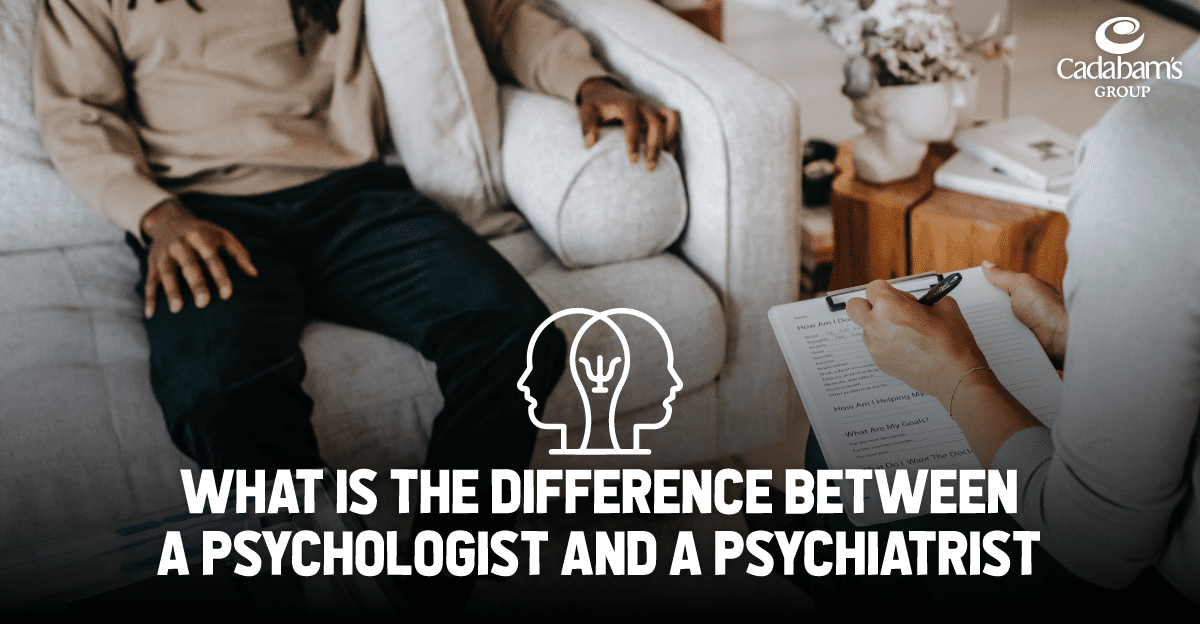Why the Best Psychologist in Delhi Can Change Your Psychological Health
Why the Best Psychologist in Delhi Can Change Your Psychological Health
Blog Article
Psych Treatment: A Comprehensive Guide to Strategies and Outcomes

Cognitive-Behavioral Treatment
Cognitive-Behavioral Therapy (CBT) is a commonly used psychotherapeutic technique that concentrates on identifying and changing dysfunctional thinking and actions patterns. Established in the 1960s by Aaron T. Beck, CBT integrates cognitive and behavior theories to attend to different mental wellness problems, consisting of anxiety, anxiety, and stress-related problems. The property of CBT is that maladaptive ideas contribute to psychological distress and maladaptive behaviors. By restructuring these ideas, individuals can attain substantial improvements in their psychological health and everyday performance.
Strategies such as cognitive restructuring, exposure therapy, and skill-building exercises are generally employed. Cognitive restructuring involves challenging and modifying unfavorable thought patterns, while exposure treatment intends to reduce fear and anxiousness with progressive direct exposure to been afraid things or circumstances.
Evidence-based research study supports the efficiency of CBT for a variety of psychological problems - Best Psychologist in Delhi. Its emphasis on skill purchase and self-help techniques equips clients to continue progression independently after treatment concludes. The versatility and effectiveness of CBT have actually made it a keystone in contemporary psychotherapeutic technique
Psychodynamic Techniques
Rooted in the early concepts of Sigmund Freud, psychodynamic approaches concentrate on exploring the subconscious mind and its influence on actions and feelings. These methods intend to uncover concealed thoughts and sensations that might be driving maladaptive behaviors and emotional distress. Central to this technique is the concept of internal conflict, usually coming from unresolved previous experiences, specifically those from childhood.
Therapists using psychodynamic techniques employ numerous key techniques, consisting of cost-free association, where individuals are encouraged to speak openly to disclose unconscious material, and dream analysis, which translates the latent web content of dreams. Additionally, the expedition of transfer and countertransference characteristics within the healing connection is crucial. These communications can provide understandings into the patient's inner globe and relational patterns.
Psychodynamic therapy is normally longer-term compared to various other modalities, providing a deep and thorough understanding of the individual's subconscious. Study shows that it can be specifically effective for complicated psychological health and wellness problems, such as individuality problems and persistent anxiety. By cultivating self-awareness and psychological understanding, psychodynamic treatment seeks to bring subconscious material to awareness, allowing people to accomplish enduring and meaningful adjustment in their lives.
Humanistic Techniques
Structure on the foundations laid by psychodynamic methods, humanistic methods use an unique point of view concentrated on specific browse this site prospective and self-actualization. Coming from in the mid-20th century, these methods prioritize the inherent goodness and development possibility of individuals, highlighting a holistic sight of human experience. Key figures such as Carl Rogers and Abraham Maslow have dramatically affected this therapeutic strategy, which includes techniques like client-centered therapy and Gestalt treatment.
Client-centered therapy, developed by Rogers, plays a pivotal function in humanistic techniques. The therapist's role is even more of a facilitator than an authority, encouraging customers to harness their inner resources for healing.
Gestalt therapy, one more vital humanistic method, emphasizes existing moment understanding and the integration of body and mind. By concentrating on the "right here and currently," clients get greater insight right into their existing feelings and habits. Strategies such as role-playing and assisted visualization are usually employed to assist customers get a deeper understanding of themselves, inevitably resulting in improved self-awareness and satisfaction.
Integrative Treatments
Integrative treatments stand for a synthesis of different healing techniques tailored to satisfy the one-of-a-kind requirements of each customer. This strategy recognizes the complexity of human psychology and the diverse nature of psychological wellness concerns. By integrating aspects from various colleges of psychiatric therapy-- such as cognitive-behavioral therapy (CBT), psychodynamic therapy, and humanistic techniques-- integrative treatments supply a more flexible and alternative therapy standard.
Practitioners of integrative treatment evaluate each customer's certain needs, signs, and personal history to devise a personalized treatment plan. This personalized strategy enhances the possibility for healing success by resolving the root causes of mental distress and promoting general wellness. Methods may include mindfulness exercises, cognitive restructuring, and emotional handling, each picked to target different elements of the client's issues.
In addition, integrative treatments highlight the restorative relationship, viewing the client-therapist bond as an important component of reliable therapy. This connection fosters an encouraging setting where customers really feel risk-free to explore and resolve their problems. The versatility of integrative therapies makes them ideal for a broad variety of problems, including anxiety, clinical depression, trauma, and social problems, thereby increasing their applicability and performance in diverse professional setups.

Determining Treatment Results
Assessing the effectiveness of psychiatric therapy is important for both clinicians and customers to guarantee that the treatment is generating the preferred outcomes. To accomplish this, numerous methods and devices are utilized to determine treatment results systematically. Standard evaluation tools, such as the Beck Depression Inventory (BDI) and the Generalized Stress And Anxiety Problem 7 (GAD-7), supply quantitative information on symptom intensity and changes gradually.
Along with standard devices, qualitative methods like customer self-reports and medical meetings supply beneficial insights right into the individual experiences and viewed progress of clients. Routinely set up examinations, commonly at the start, omphalos, and end of treatment, aid in tracking the trajectory of improvement or recognizing areas needing change.
Result dimension is not limited to symptom decrease; it likewise includes practical improvements in every day life, such as far better social connections, increased job performance, and boosted total well-being. Modern improvements in digital health have actually presented mobile apps and online platforms that promote real-time tracking and feedback, further improving the assessment procedure.
Inevitably, a thorough technique to determining treatment results ensures that restorative interventions are effective, effective, and customized to satisfy the specific demands of clients, consequently enhancing the general restorative experience.
Conclusion
Humanistic methods focus on individual development and self-actualization, while integrative treatments combine numerous approaches Web Site for customized treatment plans. Evaluating treatment results via qualitative approaches and standardized assessments guarantees a detailed understanding of effectiveness, inevitably assisting customers towards withstanding psychological wellness renovations.
From the organized method of Cognitive-Behavioral Therapy (CBT) to the deep expedition of the subconscious in psychodynamic treatment, each method brings unique advantages. Its focus on ability acquisition and self-help techniques encourages clients to continue progress individually after therapy wraps up (Best Psychologist in Delhi). Key numbers such as Carl Rogers and Abraham Maslow have actually significantly affected this healing technique, which encompasses approaches like client-centered treatment and Gestalt therapy

Report this page